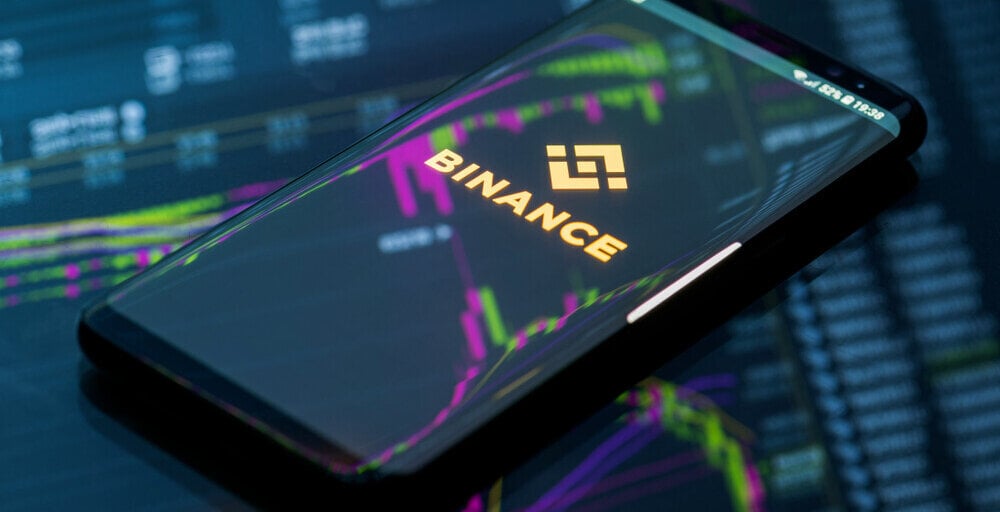Earlier this week, Binance co-founder Yi He took to Twitter to comment on allegations the company might have an insider trading problem. Her solution: Paying bounties of $10,000 to employees who report dishonest co-workers.
“If there is any information leaked about a project for any reason, you will be warned once and then fired,” she said in Mandarin in a Twitter post on February 6.
“If there is a leak, the listing will be cancelled,” she continued in the Twitter thread. “If any information is leaked after the announcement, the pending listing will be extended directly, and the listing will be decided based on subsequent adjustments.”
The incident that prompted the long Twitter thread and policy changes were “irregularities” ahead of and right after Ronin being listed on Binance’s exchange.
The token’s price had pumped in the run-up to the announcement, but dropped 20% immediately after trading began. The going theory was that people who knew about the listing before it had been announced were accumulating the token and then sold once the price pumped.
The situation Binance now finds itself in echoes Coinbase’s plight after Crypto Twitter identified a wallet that appeared to be front running tokens the San Francisco company was considering listing on its exchange.
Former Coinbase product manager Ishan Wahi and his brother Nikhil Wahi were involved in a scheme that entailed trading on confidential information about upcoming listings of crypto assets on Coinbase’s platform. From June 2021 to April 2022, Ishan Wahi tipped off his brother and a friend, Sameer Ramani, about which crypto assets were going to be listed.
This enabled them to buy at least 25 crypto assets, nine of which were deemed securities, and sell them for a profit totaling about $1.1 million.
The brothers and their friend were eventually charged with insider trading by the Department of Justice and the U.S. Securities and Exchange Commission (SEC). The Wahis reached a settlement with the SEC that required the brothers to disgorge their ill-gotten gains and pay interest.
In the DOJ case, Ishan Wahi plead guilty to two counts of conspiracy to commit wire fraud—each of which carried a maximum sentence of 20 years in prison. But he was sentenced to serve two years in prison.
Stay on top of crypto news, get daily updates in your inbox.
















